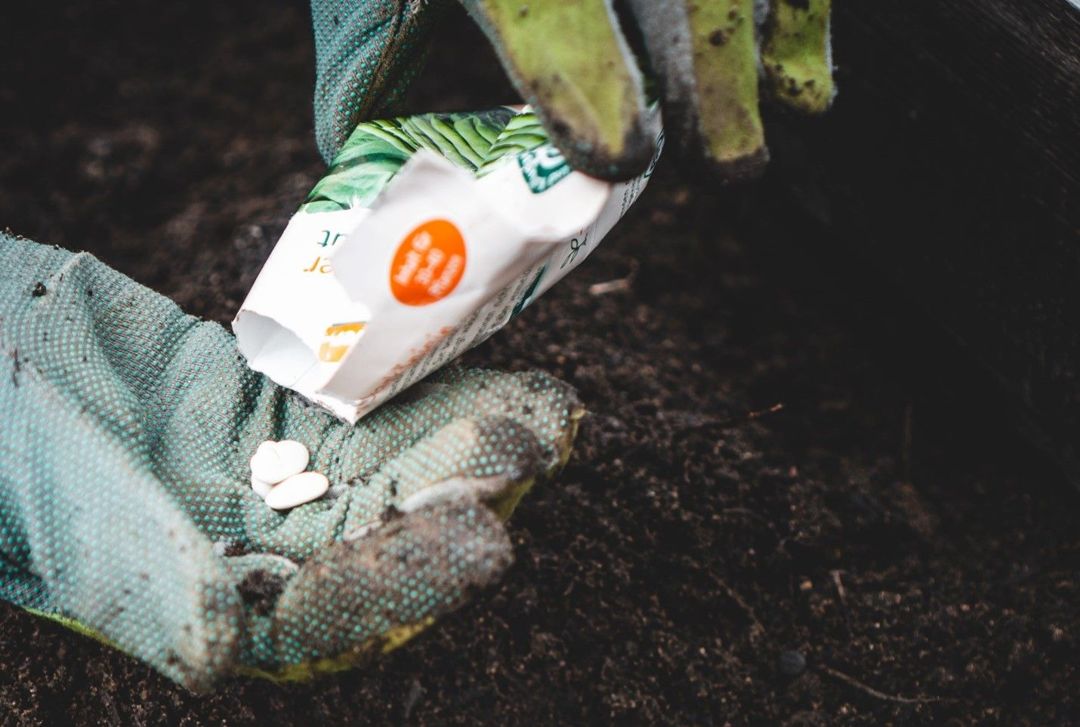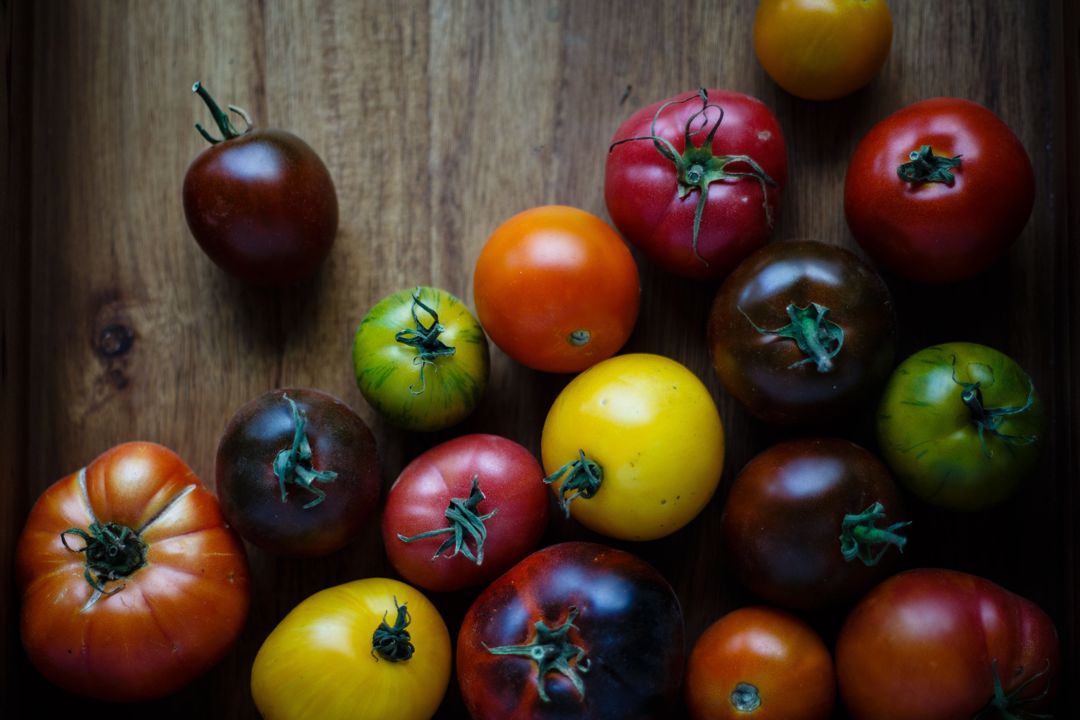As a gardener, you might have heard of heirloom plant varieties. But what are they exactly? Interestingly, there isn’t a consistent definition for what qualifies as an heirloom variety. Some groups define heirlooms as varieties that have existed for over 50 years, while some set the bar at 100 years. Others define them as varieties that existed prior to World War II. While there isn’t a consistent standard, what is true of all heirloom varieties is their seeds have been passed down for many generations and they will grow “true to type”. True to type means that the seeds produce plants that have the same characteristics as the parent plant.
All heirloom varieties are “open pollinated”. Open pollinated means they are pollinated naturally, and the resulting seeds will grow true to type. All heirlooms are open pollinated, but not all open pollinated varieties have existed long enough to be considered heirlooms.
In contrast to open pollinated varieties there are “hybrid” varieties. Hybrids are the result of highly controlled cross breeding of different plant varieties. The characteristics of hybrids are not stable; subsequent generations of seeds will not grow true to type.
Why Grow Heirloom Varieties?
Heirloom varieties are prized for their unique characteristics and flavor. With hybrids, seed growers often breed for traits such as high yields and disease resistance- not necessarily for maximum flavor.
Many gardeners grow heirlooms so they can save seeds and re-grow the same variety year after year. With each generation, heirlooms become increasingly well-adapted to the specific conditions of the garden they are grown in. Hybrid seeds on the other hand must be purchased from seed suppliers each year for consistent, vigorous results.
Many heirlooms also have interesting stories and lore behind them.
While there are many good reasons to grow heirlooms, hybrids have their merits too. The decision to grow heirlooms, hybrids, or a combination ultimately depends on what is important to you as a gardener.
Where to Get Heirloom Seeds

There are several non-profit seed exchange organizations committed to preserving heirloom seeds. Members can buy and swap seeds, often at a discount. Review shipping requirements if purchasing seeds from outside your local area.
Most major seed-supply companies offer heirloom varieties – look for ‘heirloom’ specifically noted in the variety description. There are also specialty suppliers focused on heirloom seeds.
If you plan to save heirloom seeds, be sure to read up on techniques to prevent unintended cross-pollination. If two different varieties cross-pollinate, the resulting seeds will not grow true to type. Each type of plant has a minimum “isolation distance” that must be maintained between varieties to avoid cross-pollination.
Did you know that the Planter app can help you keep track of all the different plant varieties in your garden, including heirlooms? Select from the varieties listed, or create custom varieties.
Try growing heirloom varieties in your garden to experience growing a piece of history!
